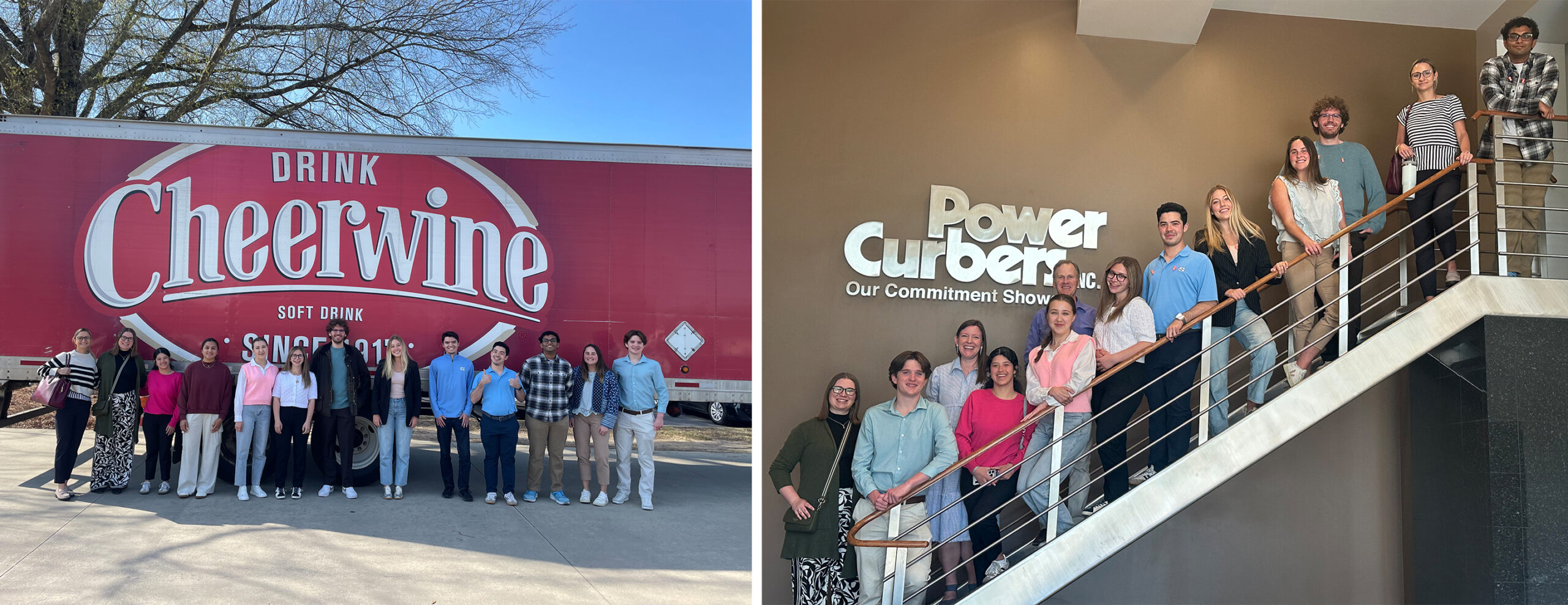Student Experience
Students praise the family business courses as the most valuable of their academic careers. Coursework synthesizes learning from core subjects with practices that are common to successful family businesses.
MBA students can pursue an MBA Family Enterprise Focus.
UBP students can select Family Business as an Area of Interest.
We offer two foundational Family Business courses to UBP, MAC and MBA students, as well as UNC undergraduate and graduate students with family business interests. The introduction to the Family Business course is built upon Steve Miller’s research “Developing Next Generation Talent in Family Businesses,” which focused on factors that influence next-generation leader development. It is incorporated into class discussions and assignments, so students learn practical applications that support successful transition from one generation to the next.
The courses explore and analyze family business continuity challenges and common practices for successfully leading family-owned businesses. The focus is on developing pragmatic, action-oriented management, governance and family business leadership skills. We teach the classes using live cases, assigned readings, class discussions, lectures and student research.
Each year, we teach and advise approximately 100 students from all over the world. Our students have come from Australia, Bahrain, Brazil, Chile, China, Costa Rica, the Dominican Republic, Honduras, India, Indonesia, Japan, Jordan, Korea, Malaysia, Mexico, Spain, Sweden, Taiwan, Thailand, Turkey, Venezuela and the U.S.
Topics in the classroom include:
- Next generation leadership
- Family systems, relationships and communication
- Entrepreneurship and growing the family business
- Succession
- Strategy and change
- Professionalizing the family business
- Non-family management
- Family governance and communication
- Business governance and boards of directors
- Ownership and stewardship
- Financial considerations and valuation
- Transfer, estate and gift tax planning
Family Business Club
The Family Business Club is open to all students with an interest in family business. Students whose families own a family enterprise, who plan to work as a non-family executive within a family business or plan to advise family-run companies benefit from evening speaker events, career treks and boot camps offered through the club.
For more information, contact Chesney Maniaci, assistant director of student engagement.
